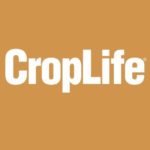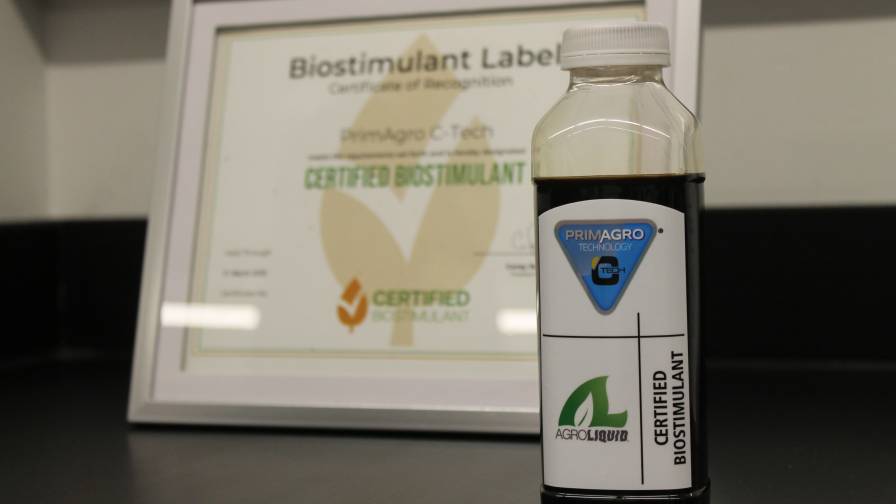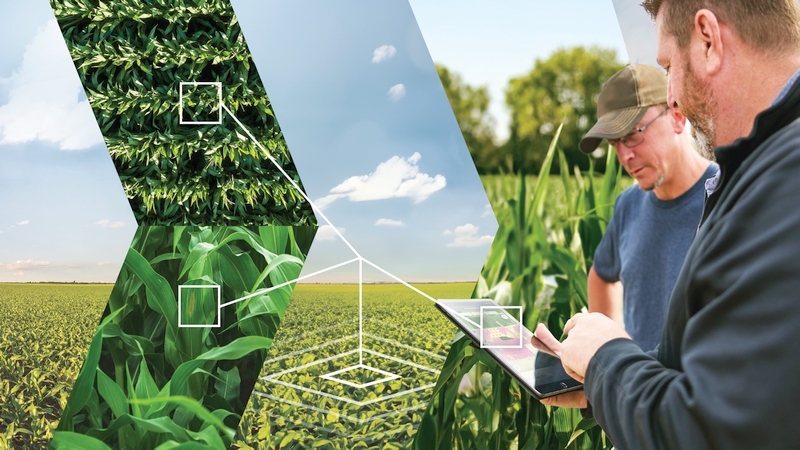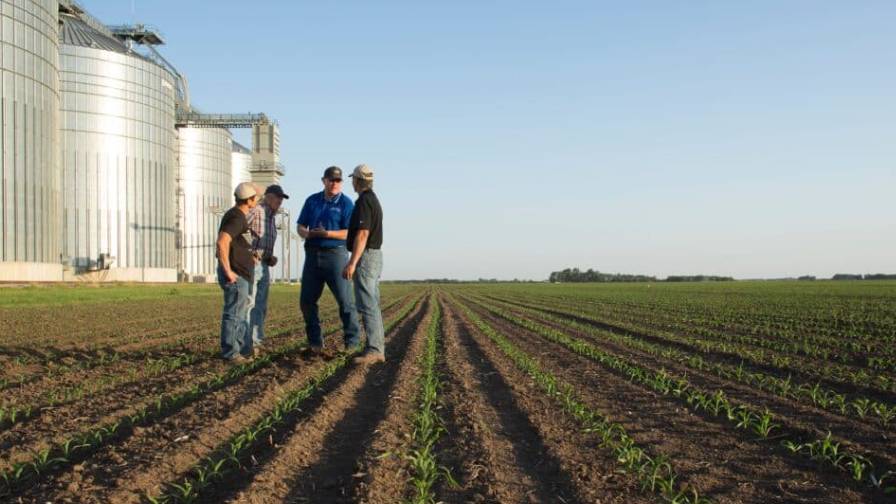Bee Vectoring Technologies Announces First-Time Revenues and Accelerated Momentum in U.S. Sunflower Market
Bee Vectoring Technologies International Inc. has announced that it has secured its first revenue commitments with U.S. sunflower growers and has successfully expanded into other activities within this crop, including demonstration and research trials. This marks significant progress in penetrating the U.S. $470 million(1) sunflower market.
“What BVT has accomplished in the first half of 2021 has put us on a fast-track for accelerating growth, all due to our focus on diversifying the company’s revenue mix,” said Ashish Malik, CEO of BVT. “In addition to making inroads into the sunflower market with first-time revenues, we accelerated market penetration in the berry and almond markets, kick-starting California and New Jersey with initial trials, and securing revenues in the U.S. Southeast, Midwest, and Pacific Northwest. These milestones ensure a diverse revenue base for continued growth and maximized shareholder value. They also show that our product solution is gaining traction with new American growers and that we have excellent customer retention. With our success in multiple crops, and as we continue to widen the geography of our sales reach, we are strengthening our foothold in the U.S. which will expedite our business expansion.”
“BVT’s first revenue commitments with sunflower growers in the U.S. Midwest are for commercial pilots of BVT’s natural precision agriculture system on portions of their crop fields,” said Ian Collinson, Sales Manager at BVT. “We have also expanded our market reach by making inroads into a second major growing region for sunflowers, with the first U.S. Pacific Coast based demonstration trial for this crop now being conducted in two locations with a global sunflower seed producer.”
“Successfully getting to initial revenue in the sunflower market is the result of BVT’s hard work and investment in conducting sunflower trials in the U.S. Midwest, working closely with key university researchers in the crop who confirmed the potential of our product,” continued Collinson.
This entry into the sunflower market is based on the successful first year results of the multi-year North Dakota State University (NDSU) trials of BVT’s biological fungicide, CR-7. Funded by the North Dakota Department of Agriculture and approved by the USDA, the trials are run by NDSU in cooperation with BVT. The trials provide the critical data points needed to sell in the sunflower market, where 1.3 million(2) acres are harvested annually in America alone.
Trial results proved that the system is effective and efficient for sunflower growers to use for disease control and improve yields. The results validated the technology, quantified hive distribution needed to achieve satisfactory Sclerotinia head rot control (in both disease incidence and severity), and measured increased yield results and reduced sclerotia contamination. Data collected in the first year has also enabled BVT to identify the segments of the sunflower industry that have the greatest potential for the company’s system: seed production and higher-value contracted oil and confectionary production.
“Sclerotinia head rot is a major challenge for sunflower producers and has been identified as a high priority by the National Sunflower Association,” said Sherri Tedford, Laboratory and Field Testing Manager at BVT. “First year trial data from two sites indicate BVT reduced incidence and severity of Sclerotinia head rot by up to 62% over the control plots and increased yield by about 15%. BVT-treated sunflowers also have less sclerotia contamination (down from 6.1 and 7.4 % in the control plots to 3.1 and 3.3 % in the BVT-treated plots), well below the 4% maximum level allowed for processing seeds into oil for human consumption. This is important for growers, as seeds for human consumption can be sold for a higher price than seeds for other purposes, such as animal feed.”
BVT will continue the state-funded trials through the next two growing season, starting this August, to further refine recommendations for hive/dispenser numbers and placements, and further strengthen the BVT value proposition and ROI for growers. Originally approved for two years, these state-funded trials have just been extended for an additional third year.
“The disease management practices data from the NDSU trials won’t just help producers in North Dakota, but those in neighboring states (Minnesota, Montana, and South Dakota) and provinces (Manitoba and Saskatchewan) as well,” continued Malik. “And with minor adjustments, they will be applicable to producers in other parts of the world, increasing our potential scale to drive sustained growth through revenue diversity.”






